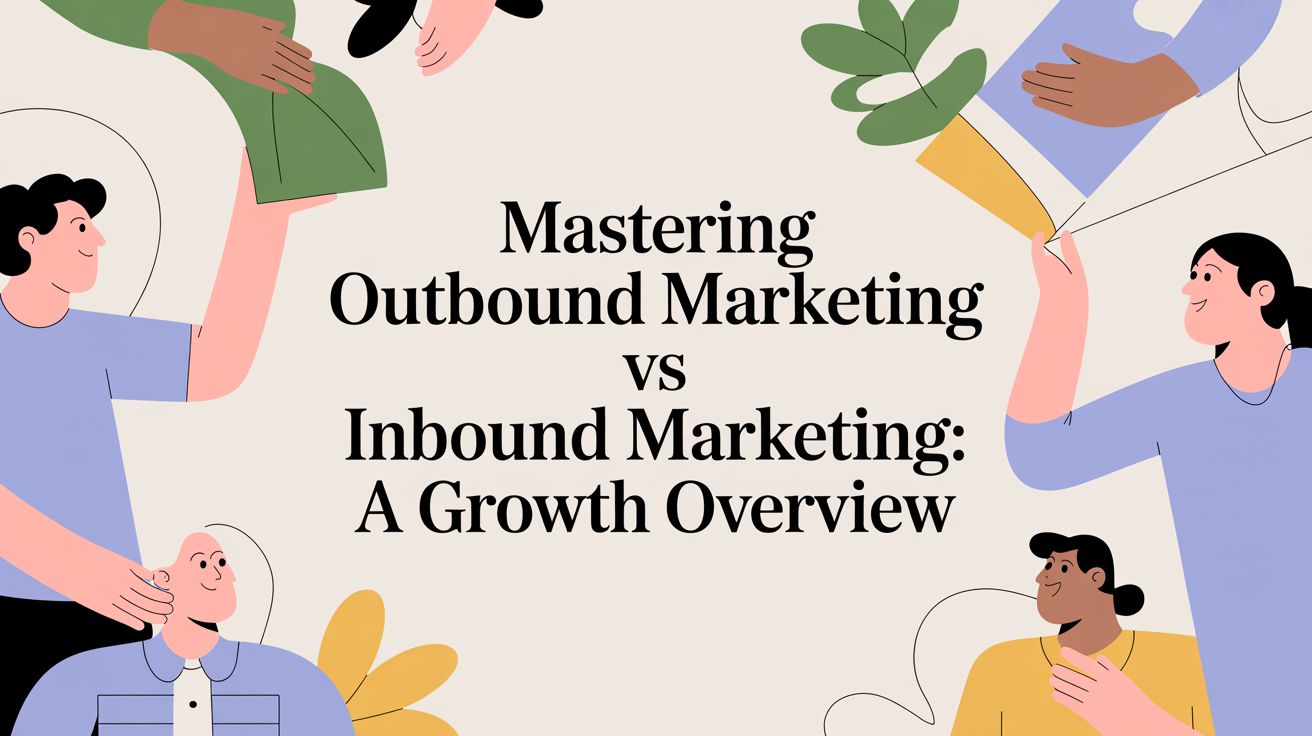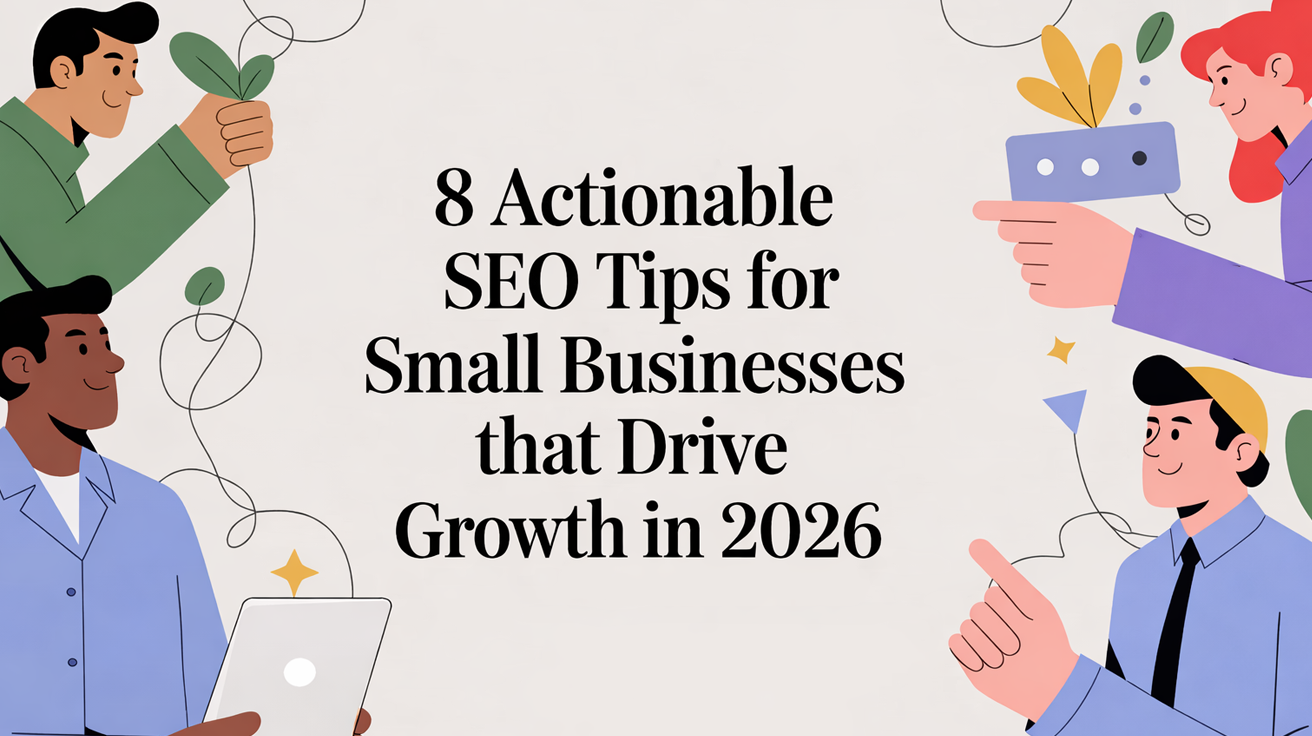Search Engine Optimisation (SEO)
People use the internet to research their next purchase, and when they’ve narrowed down their options, they use a search engine to find the best way of buying it. Your products, content or services will be placed in front of users when you’ve effectively adhered to the best practices of Search Engine Optimisation.Search engines read all websites and using clever algorithms they decide whether the content on your website is relevant to the end-user searching the internet.So, when end-users type in “where can I buy the best apples”, websites selling apples, and those websites discussing the best apples, are listed above the websites that sell, say oranges, or pears.But what makes a search engine even more clever is the way their algorithms decide which of those websites selling apples are ranked above one another.This is where professional SEO comes into play; optimising the content on your website so that a search engine values your content enough to show it to the end user. The higher your Search Engine Optimisation score, the higher up the search results page your website is displayed.
Make it relevant.
If you and another website offer the same products and services, what makes you better than them? Will the end-user enjoy using your website or theirs more? Is your content matching the questions being asked by internet users?Getting the content on your website optimised to suit both your branding and make it relevant to search engines is an evolving game, where search engine companies like Google and Bing constantly update their algorithms to provide end-users searching the internet with more relevant content.You need to ensure your website offers an informative and enjoyable experience to the end-user while being as relevant to the search as possible – this means understanding what your target customers are searching for, and providing content that is likely to be relevant to those search terms and likely to be served higher up the search results.
Stay ahead of the curve.
Content management on your own website is really important, and can give you a competitive edge in your marketplace – even if you’re selling identical products at identical prices, your website can be optimised to be shown above your competitors online.One of the most noticeable updates to search engines in recent years was the introduction of mobile-friendly web content, where those websites that weren’t dynamic, and served desktop content on mobile devices were shown below websites that were dynamically built.However, most algorithms are less noticeable to website owners, marketers and the end-users. The way your website is judged by search engines is updated regularly, so it is important to maintain your search engine optimisation to remain relevant, and keep your online ranking.The words you use and the useful information taken from your website is used by search engines to directly rank your website against your competitors. Good organic SEO will mean your website is displayed higher up a search engine results page, giving you better opportunities to do business.The lower you are down a search engine results page, you become far less likely to be clicked on by the person searching for your products and services.





